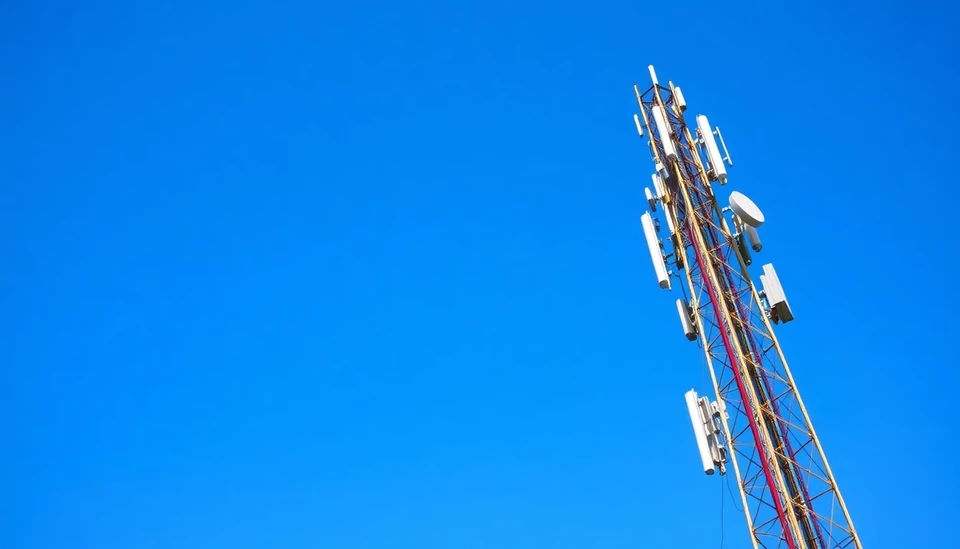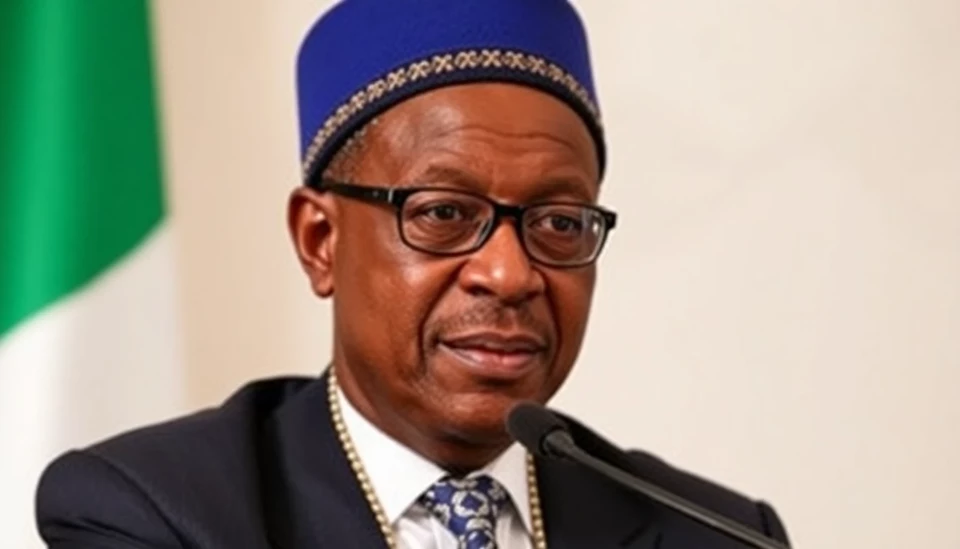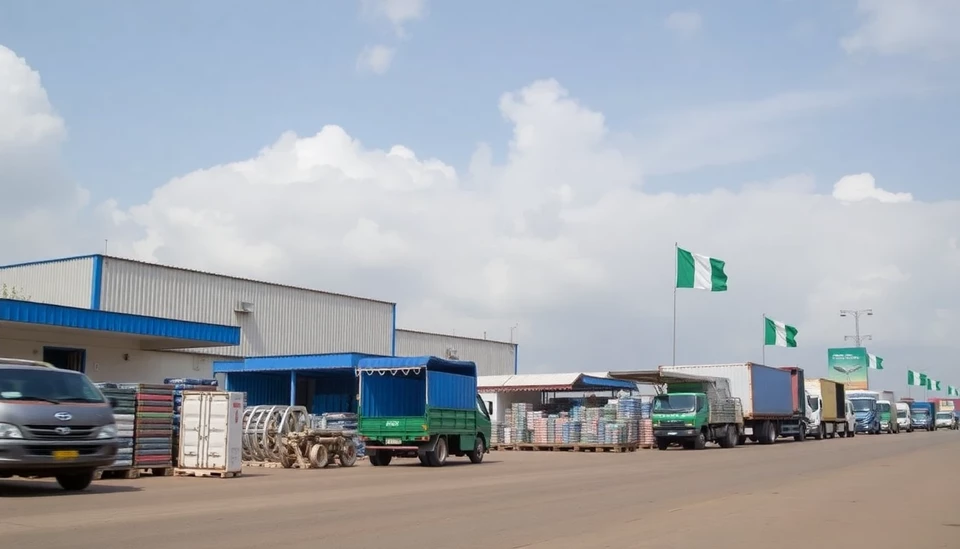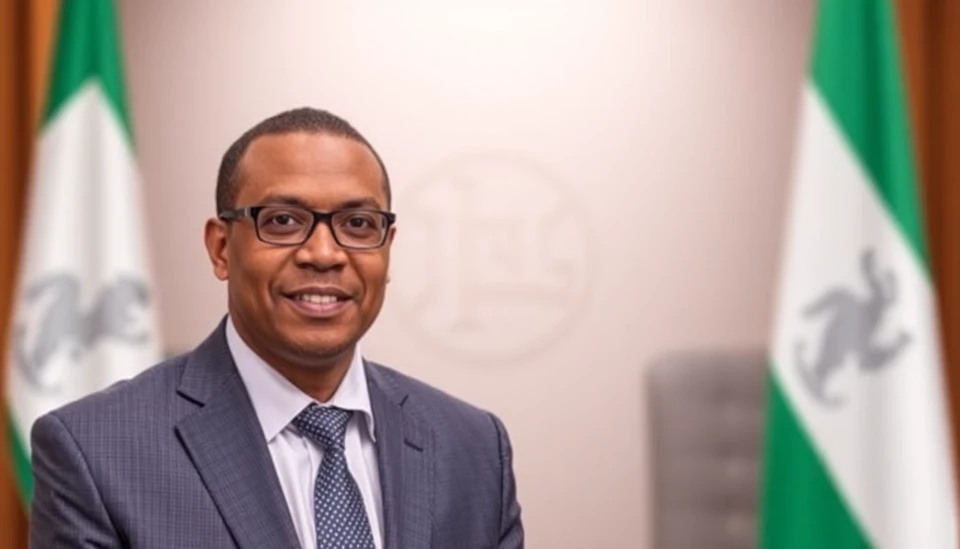
Nigerian telecommunications companies are gearing up to ask for an extensive increase in service prices, potentially doubling current rates. This proposal emerges as the industry grapples with pervasive economic pressures that threaten their viability.
The communication sector in Nigeria faces a daunting reality characterized by the rising cost of operations and an urgent need to maintain service quality. Industry players argue that these proposed price adjustments are essential not only for their survival but also for sustaining the necessary infrastructure that ensures connectivity across the nation.
As the Nigerian economy continues to reel from a multitude of challenges, including inflation and currency devaluation, telecoms are feeling the heat. The financial strain has intensified the call for a price revision, with telecom operators citing the necessity to balance their books and operate sustainably in a fiercely competitive market.
Industry experts suggest that a significant price increase could have a ripple effect. While it may enable telecom firms to recover some losses, it could also deter consumers, many of whom are already struggling with economic hardships. This delicate balancing act highlights the tension between the need for growth in the sector and the economic reality faced by everyday Nigerians.
The regulatory landscape is also crucial in this scenario. The Nigerian Communications Commission (NCC) will play a key role in evaluating the telecoms' request for price hikes. The commission has generally favored affordable pricing for users, which could complicate matters for the telecom companies seeking relief from their operational burdens.
In light of these circumstances, stakeholders across the industry are preparing to engage in discussions with regulators, hoping to find a solution that can alleviate financial stress without alienating customers. The outcome of these negotiations could set a precedent for how telecommunications are priced in the country moving forward, affecting everything from individual consumers to large businesses reliant on stable communication services.
As the situation evolves, the industry will closely monitor both public response and regulatory guidelines to navigate this challenging period. A price increase, if approved, could reshape the landscape of telecommunications in Nigeria for the foreseeable future.
Overall, it’s a critical juncture for Nigerian telecom firms, whose sustainability may hang in the balance as they advocate for necessary adjustments in an ever-changing economic climate.
#Nigeria #Telecommunications #PriceHike #Economy #RegulatoryChallenges
Author: Victoria Adams




